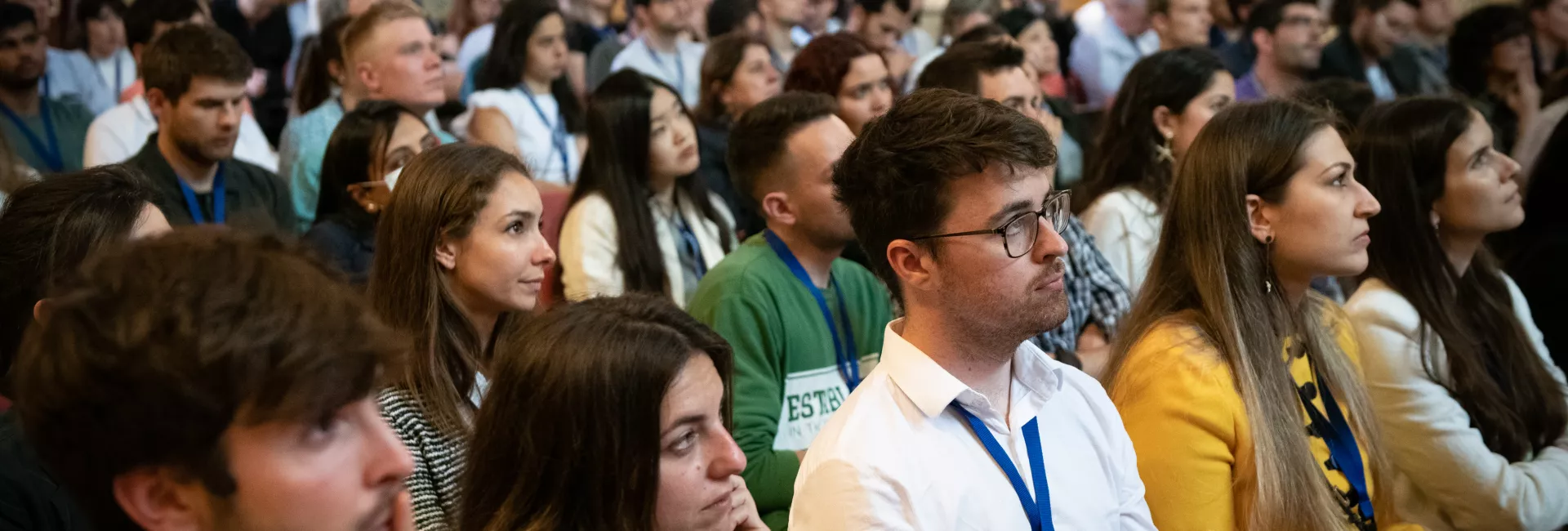Presentation
Speaker: Ilaria Malanchi, PhD. Tumour-Host Interaction Lab - The Francis Crick Institute, London (UK)
Organizers: IRB Barcelona
Date: Monday, 4 June, 11:30h
Place: Aula Fèlix Serratosa
Host: Dr. Salvador Aznar Benitah
Abstract:
The tumour microenvironment or niche is the vital non-cancerous compartment of the tumour structure. Tumour cells and their microenvironment establish a synergistic cooperation that characterizes all aspects of tumour growth, from onset to metastasis. Importantly, this ever-changing interaction is a key source of cancer cells’ plasticity and plays an important role in every aspect of tumour progression. Indeed, cancer cells with higher ability to establish favourable crosstalk with their surrounding are more tumorigenic (1). Thus, targeting non-tumour-derived cellular components represents a promising avenue to better therapeutic interventions. For instance, we identify neutrophils as the main component and driver of metastatic establishment within the pre-metastatic lung microenvironment in mouse breast cancer models. Importantly, we find that neutrophil-derived leukotrienes aid the colonization of distant tissue by selectively expanding the sub-pool of cancer cells that retain high tumorigenic potential. Pharmacologic inhibition of the leukotriene-generating enzyme arachidonate 5-lipoxygenase (Alox5) reduces metastasis, revealing the efficacy of using targeted therapy against a specific tumour microenvironment component (2).
Using an in vivo labelling system, we now describe the cellular protagonists of the metastatic tissue response to cancer cells.
References
1. del Pozo Martin Y, Park D, Ramachandran A, Ombrato L, Calvo F, Chakravarty P, et al. CellReports. 2015 Dec 1;22(13 (11)):2456–69.
2. Wculek SK, Malanchi I. Nature. 2015 Dec 9;17(528):413–7.
Extraordinary Oncology Programme Seminar

